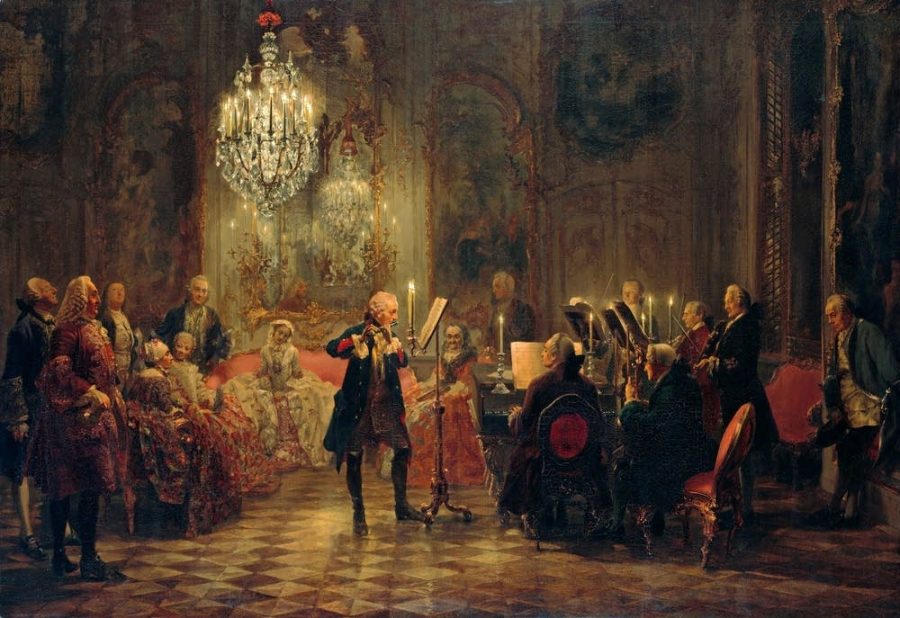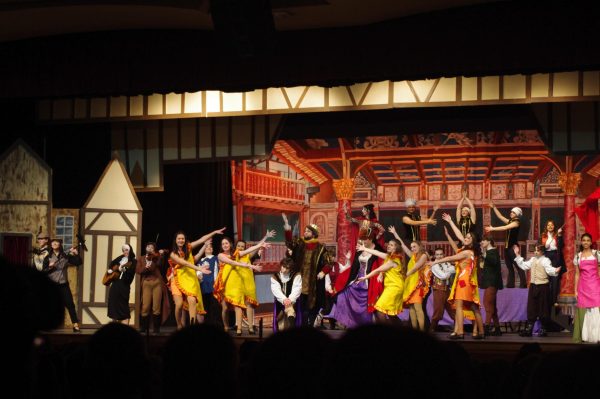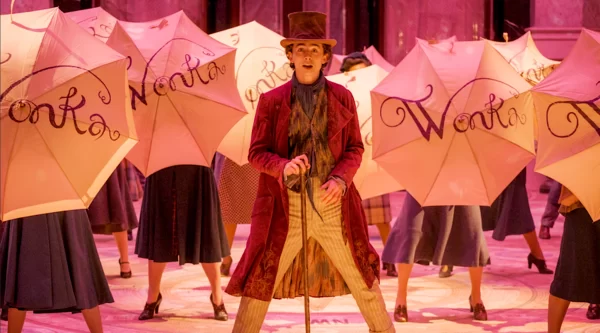What Defines Classical Music
Classical Music has a rich, fascinating history, and large cultural significance in modern music. But it is often considered a museum art form; one that is no longer being produced, only observed. Why is this? Why were the most famous classical pieces written hundreds of years ago, and why are there no modern classical artists? There are several reasons, including historical adherence to tradition, lack of audience, and creation of new music genres.
One of the reasons that classical music is considered a museum art form is due to the strict adherence to how the composer wrote the piece. Unlike artists we know today that will take many creative liberties while performing their music, like Freddy Mercury at Live Aid, who sang different timings and notes to the lyrics to his band’s most famous song Bohemian Rhapsody, groups that perform classical music will not take such liberties. They will play exactly the same piece, over and over again, exactly as written. There is no change from how Japan’s Nippon Hōsō Kyōkai Symphony orchestra will play Mozart’s Requiem to how the New York Philharmonic would play it, in the same way, Starry Night would look the same on exhibition at the Louvre or at the MOMA. The point is not to experiment with new forms of music, but to display beautiful pieces.
However, this mindset makes it very difficult for new artists to produce and put new classical music out into the world. Symphony orchestras know that playing well-known classical music will sell tickets, which means that more people will listen to this famous classical music, and again make it harder for new ideas to be spread. Not to mention that there are not nearly as many fans for classical as there are for modern pop music, so even if there were orchestras constantly playing new classical pieces, it simply may not have enough audience to become popular. And since the genre is so old, there is little wiggle room when it comes to new ideas in terms of instrumentation, and playing style. Through television and movies, people have had classical songs like Fur Elise, Mozart’s Requiem, Claire de lune, and others ingrained into their brains over and over again, and understand what classical music “should” sound like. This only adds to the list of things making new ideas in classical music nearly impossible.
The reason that classical music has become this way is also due to the music of the 20th century. With the invention of Rock and Roll in the mid-1940s, classical music simply had too little of an audience, and with no audience to produce money, few wanted to play it, and even fewer wanted to write it. This left classical music as it was from the 1700s-1800s, and with no new music to play, symphony orchestras played older music, further solidifying classical music’s place as a museum art form.
In conclusion, classical music is a beautiful, moving genre of music that has had a profound impact on music as we know it today. But due to a lack of demand for new classical music, orchestras’ adherence to tradition, and the popularity of other forms of music, the genre has not changed very much at all since the late 19th century.
















Lucas Reed • Mar 1, 2023 at 9:36 AM
Such a great article! Love that this is becoming observable! Great job Ian!
Ian McLaughlin • Mar 1, 2023 at 9:35 AM
I give this article 5/5 because I wrote it and I think I did a good job